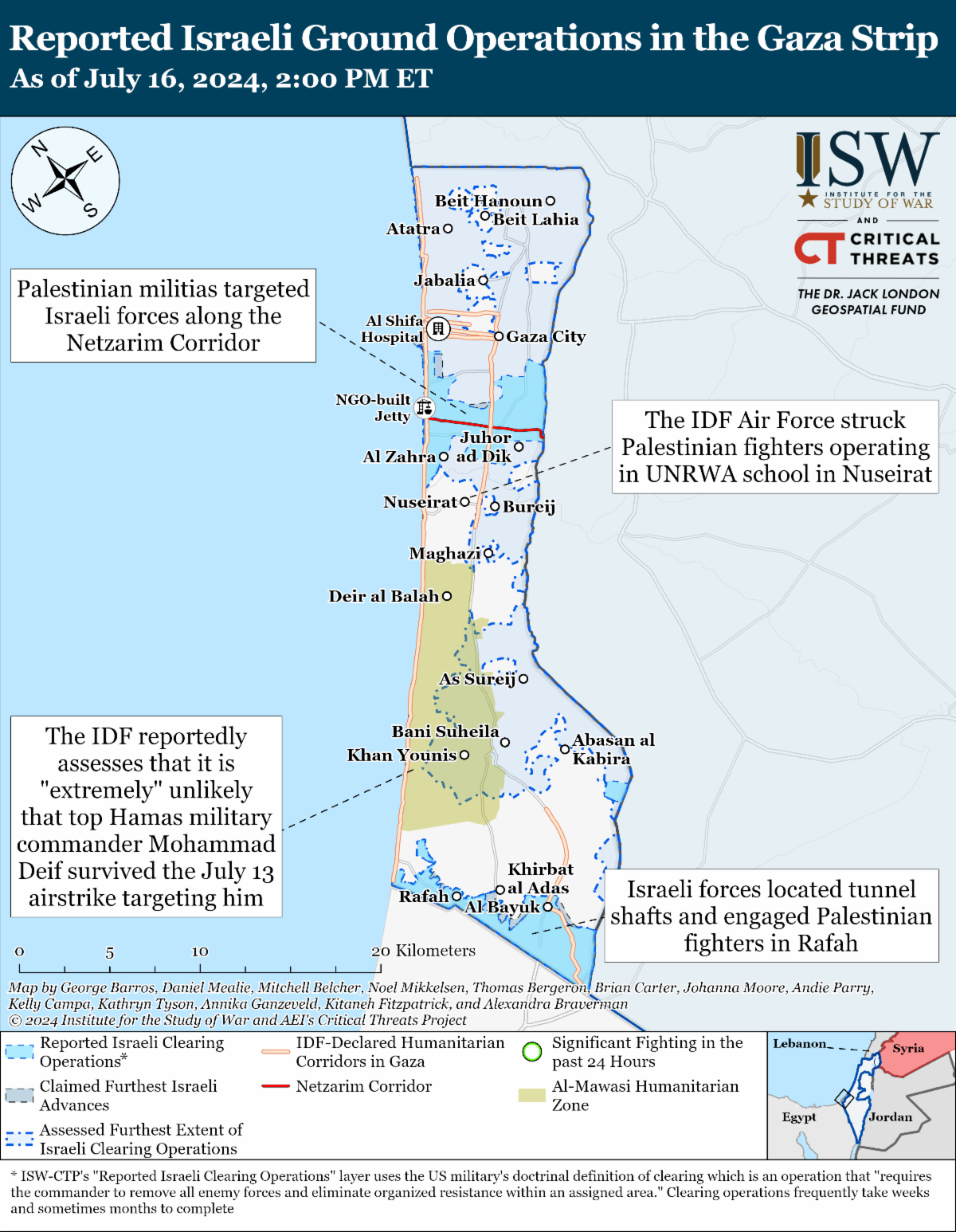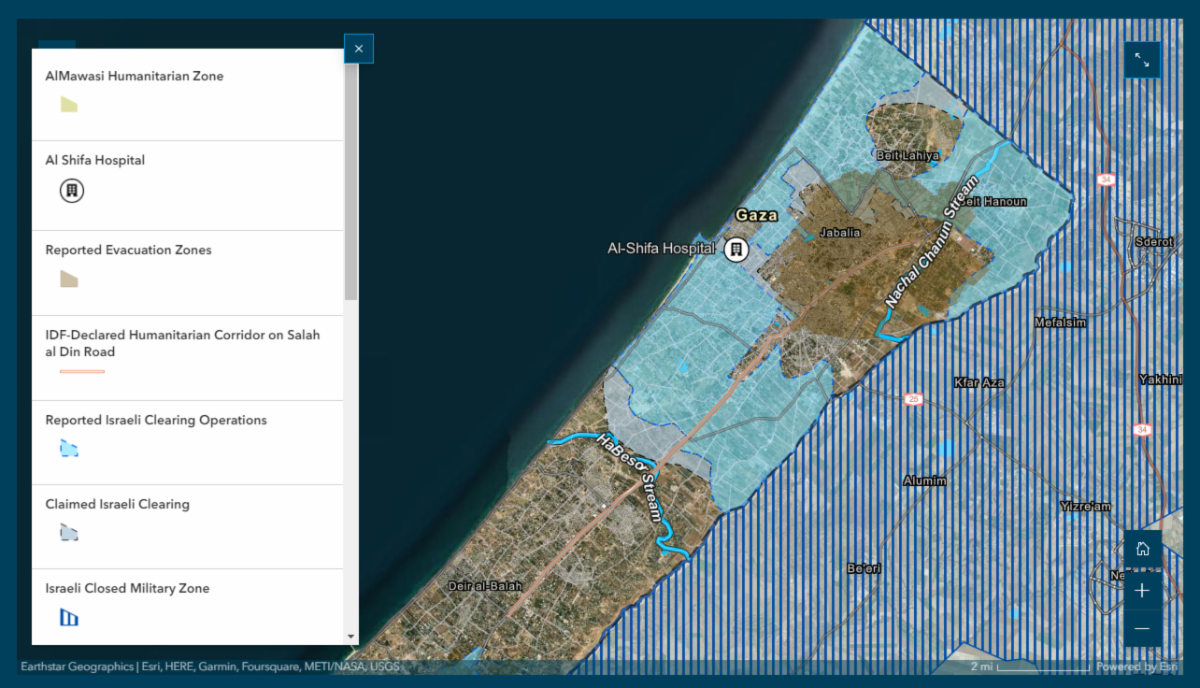Iranian President-elect Masoud Pezeshkian is articulating a foreign policy that is a continuation of the policies of his hardline predecessor even as Pezeshkian attempts to present himself to the West as a "reformist.” Pezeshkian penned an op-ed entitled "My Message to the World” in English-language, Foreign Ministry-affiliated outlet the Tehran Times on July 12. Pezeshkian framed himself as a reformist and reiterated that he ran his presidential campaign “on a platform of reform.” Pezeshkian contradicted his initial statement by reaffirming his commitment to many of the policies of his hardline predecessor, most notably signaling support for continuing former President Ebrahim Raisi’s “neighborhood” policy. The “neighborhood” policy seeks to build relations with regional states. The policy is part of a broader Iranian effort to build a new regional order in which Iran is a central player and the United States has little influence. Pezeshkian emphasized the importance of cooperation with regional partners including Iraq, Oman, Bahrain and Turkey emphasized the importance of working with neighboring Arab countries in an op-ed in UK-based, Qatari-owned Arabic-language outlet al Araby al Jadeed on July 10. Pezeshkian added that one of his administration’s first measures will be to work with neighboring Arab countries to ”utilize all political and diplomatic leverages” to secure a ceasefire and prevent the widening of the Israel-Hamas war. Pezeshkian stressed the ”devalue” of Iran’s relations with Russia and China. Pezeshkian separately reaffirmed his commitment to the Axis of Resistance through letters and phone calls following the election.
Pezeshkian’s only articulated policy that aligned with his “reformist” agenda is his desire to pursue a nuclear deal with the West. Pezeshkian restated his intention to engage in “constructive dialogue” with Western countries in his op-ed. Pezeshkian repeatedly emphasized his desire to pursue nuclear negotiations with the West throughout his campaign. It is unclear whether Supreme Leader Ali Khamenei would permit Pezeshkian to pursue nuclear negotiations with the West in a manner that is meaningfully different from the Ebrahim Raisi administration. The Raisi administration attempted to pursue nuclear negotiations with the West, albeit Raisi sought to gain broad sanctions relief in exchange for small concessions on the Iranian nuclear program. Khamenei implicitly criticized Pezeshkian’s support for increasing Iranian engagement with the West in a speech on June 25.
The Israel Defense Forces (IDF) has not officially confirmed whether it killed Hamas’ top military commander, Mohammad Deif. The IDF did not include Deif on the list it published on July 16 that shows Hamas commanders who the IDF has confirmed it killed in the Gaza Strip. Israeli journalists reported that the IDF assesses that the likelihood Deif survived the July 13 strike is “extremely slim,” however. The IDF reportedly has increased confidence that Deif was inside the compound of Hamas Khan Younis Brigade Commander Rafe Salamah. The IDF has already confirmed that it killed Salamah in the strike. The IDF Air Force dropped eight 2,000-pound precision munitions targeting a building that the IDF believed Deif and Salamah had entered. The IDF also believes that recent clearing operations forced Deif to leave the underground tunnels where he was hiding to join Salamah in the al Mawasi humanitarian zone. Israeli intelligence and security establishments reportedly assess that Deif’s death would increase the likelihood of reaching a ceasefire agreement “due to Deif's fanatical positions.”
Key Takeaways:
- Iran: Iranian President-elect Masoud Pezeshkian is articulating a foreign policy that is a continuation of the policies of his hardline predecessor even as Pezeshkian attempts to present himself to the West as a "reformist.”
- Gaza Strip: The Israel Defense Forces (IDF) has not officially confirmed whether it killed Hamas’ top military commander, Mohammad Deif. Israeli journalists reported that the IDF assesses that the likelihood Deif survived the July 13 strike is “extremely slim,” however.
- Israel: Israeli police and Shin Bet arrested three Israeli citizens accused of working for Iranian intelligence.
- Yemen: The Houthis claimed three attacks on July 16 targeting civilian tankers in the Red Sea and Mediterranean Sea on July 15.
| 






 [국방부] 국방부장관, 「북 도발 및 재해재난 대비 긴급지휘관회의...
[국방부] 국방부장관, 「북 도발 및 재해재난 대비 긴급지휘관회의...
 [ISW] 러시아 공세 캠페인 평가, 2024년 7월 16일
[ISW] 러시아 공세 캠페인 평가, 2024년 7월 16일